The United States begins in Iowa a long voting season to choose its next president. How does the election system work and who are the contenders?
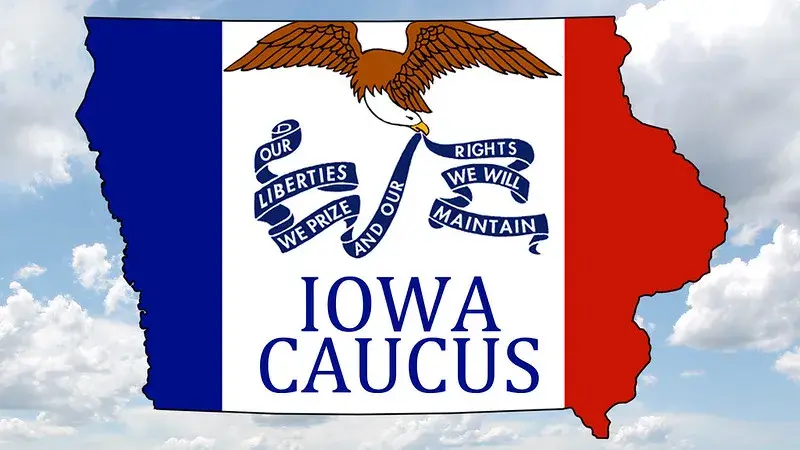
The first contest of the Republican presidential nomination process marks the start of the long primary season in the United States: the Iowa caucuses.
The American Constitution does not specify how this complex pre-electoral mechanism operates, but a method has been adopted since the early 1970s that gives more power to citizens, at the expense of the leadership of the main political parties.
The change occurred in 1972, when the parties implemented a binding primary system after the scandal that happened four years earlier, when Democrat Hubert Humphrey secured the presidential nomination without having won any previous vote. Until then, primaries were only a popularity test that parties were not required to follow, as was evident in 1968 with Humphrey.
The current system promotes a competition that takes place in the first half of the election year, based on a calendar that is divided by states. Depending on each state, a primary system is used, similar to a conventional vote with ballot boxes, or caucuses, in which citizens affiliated to a certain party discuss and select their favorites, in some cases by raising their hands and without using ballots.
In any case, the election is not direct, whether through primaries or caucuses, what citizens are deciding is the composition of the delegation of that state in the national conventions, where the formal announcement of the person who will represent the party in the general elections will be made – this year they will take place on November 5 -.
The Republican Party will hold its convention between July 15 and 18 in Milwaukee (Wisconsin), while the Democrats will meet from August 19 to 22 in Chicago (Illinois).
Both Republicans and Democrats will hold caucuses in Iowa this Monday, January 15. However, only the Republican caucus will have an immediate impact on the presidential race. The Democratic caucuses, unlike previous years, will focus on administrative issues and the election of delegates to national conventions. The Democratic preference for the presidential candidate will be expressed through a mail-in voting process, the results of which will be known in March.
For Democrats, the 2024 caucuses will not influence the presidential race. In contrast, Republicans will compete for 40 delegates to the national convention that will be distributed proportionally based on the results of the Iowa caucuses. Although Iowa represents a small fraction of the Republican delegates nationally, the results of the caucuses can disproportionately boost the winners and affect the candidates’ momentum in the race.
After Iowa, six days later, on January 23, it will be New Hampshire’s turn, with both primaries, which will allow us to see what the first tendencies are.
On March 5, more than a dozen states, including California and Texas, are called to vote on a day that usually establishes a turning point, to the extent that leaving “Super Tuesday” without options usually implies premature withdrawal. and, on the other hand, a series of victories strengthens candidacies.
Technically, the process lasts until early June, although results are often taken for granted weeks or even months in advance.
The importance of Iowa
The Iowa caucuses have played a significant role in American politics for more than 50 years and have been the catalyst for several presidential candidates, offering a key platform to gain visibility and credibility in the United States presidential elections.
In the Democrats presidential race of 2008, the Iowa caucuses were crucial as they marked a significant turning point for Illinois Senator Barack Obama. His triumph over Hillary Clinton in Iowa not only constituted his initial major victory but also played a key role in enhancing his credibility as a presidential contender. This success ultimately played a crucial role in securing Obama the Democrat nomination and, subsequently, the presidency.
In the upcoming year, Iowa is set to host the initial Republican contest once more. However, President Biden has directed the Democratic National Committee to revamp the primary calendar, stipulating that the proceedings commence in South Carolina. This marks a departure from the traditional sequence of Iowa, New Hampshire, and Nevada.
Democratic candidates
Joe Biden
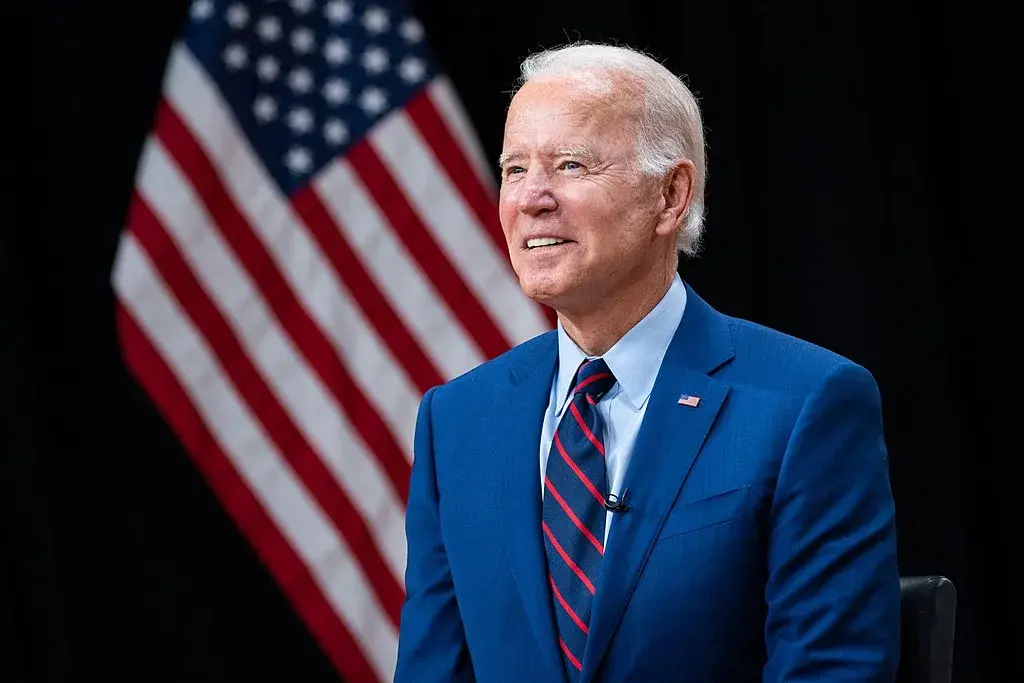
At 81 years old, Joe Biden, the oldest president in the nation’s history, aims to persuade voters of his suitability for an additional four years in office. Despite apprehensions about his age and unfavorable approval ratings, his supporters argue that he is the sole Democratic candidate with the capability to triumph over Trump.
Marianne Williamson
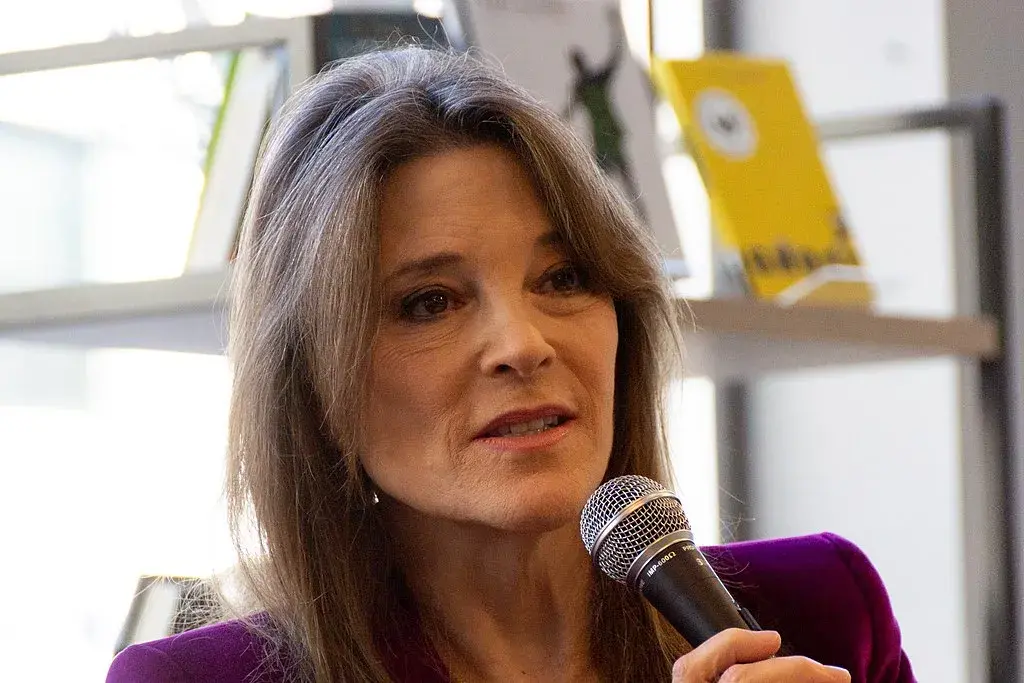
At the age of 71, Marianne Williamson, known as a writer and self-help guru, has initiated her second run for the presidency, advocating a platform centered on “justice and love.” Despite her previous Democrat candidacy in 2020, she withdrew from the race prior to the actual voting. This time around, she is set to appear on the New Hampshire primary ballot.
Dean Phillips
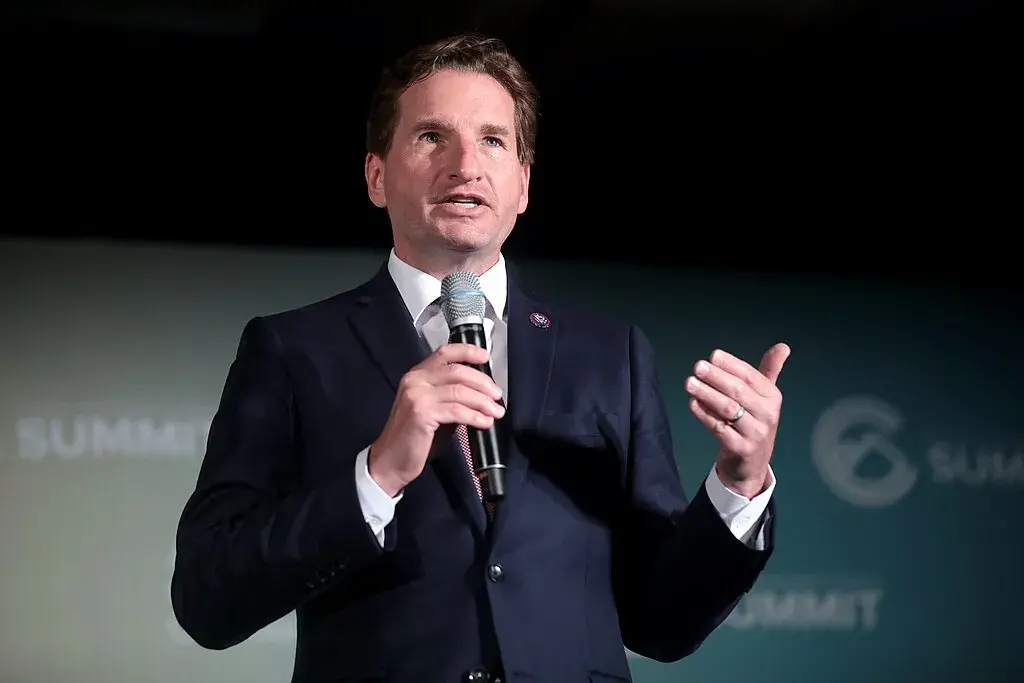
In October, Dean Phillips, a relatively lesser-known Congressman from Minnesota aged 54, declared his bid to challenge Biden, asserting that the president is not poised to secure another term.
Republican candidates
Donald Trump
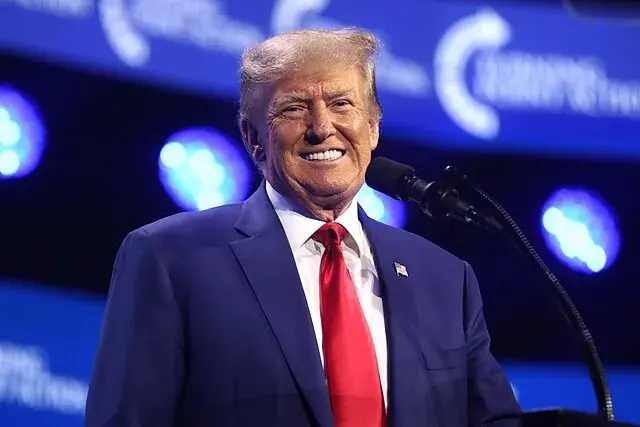
Confronting charges in four distinct criminal cases, 77-year-old Donald Trump has adeptly utilized these situations—unprecedented for a former U.S. president—to enhance his standing among Republicans and garner financial support. Dismissing the allegations as a politically motivated witch hunt aimed at impeding his pursuit of a second four-year term, he has pledged retribution against those he views as adversaries. Embracing an increasingly confrontational rhetoric, Trump has emerged as the favored candidate among Republicans, polling at 61% in the latest Reuters/Ipsos poll.
Nikki Haley
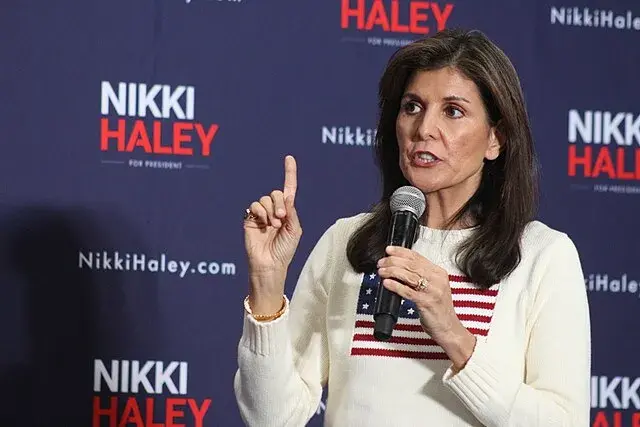
Aged 51, Nikki Haley, the former governor of South Carolina and Trump’s ambassador to the United Nations, underscores her comparatively youthful age in contrast to Biden and Trump. Additionally, she emphasizes her roots as the daughter of Indian immigrants. Within the Republican Party, Haley has established a reputation as a robust conservative capable of authentically addressing matters of gender and race. According to the Reuters/Ipsos poll, she has a support of 12% among Republicans.
Ron DeSantis
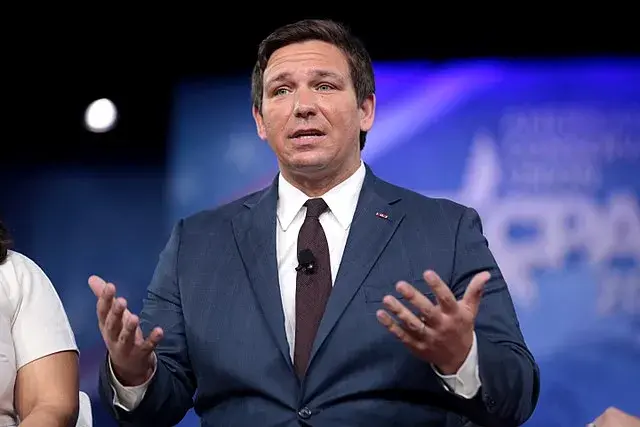
Aged 45, Florida Governor Ron DeSantis positions himself to the right of Trump on crucial issues like abortion. Despite this, his campaign has encountered challenges in gaining traction, trailing 50 percentage points behind the former president in the December Reuters/Ipsos poll, with only 11% support.
Vivek Ramaswamy
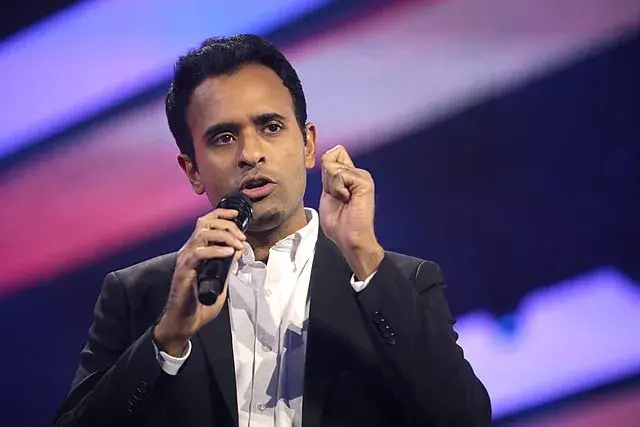
At the age of 38, Vivek Ramaswamy, a former biotech investor and executive, established a company in 2022 with the aim of urging businesses to discard their environmental, social, and governance initiatives. Regarded as a political outsider, he has sparked speculation as a potential alternative to Trump.
Asa Hutchinson
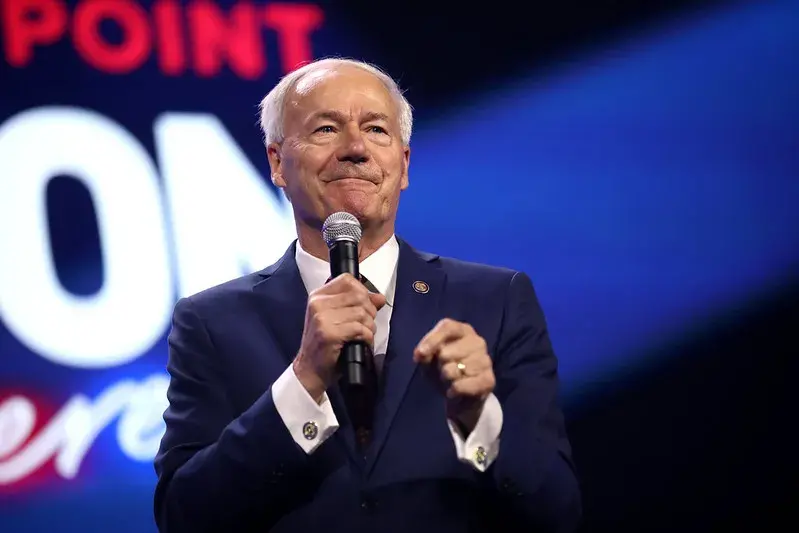
In April, the 73-year-old former Governor of Arkansas, Asa Hutchinson, officially entered the race for the White House. Despite emphasizing his track record in guiding a strongly conservative state, he managed to secure a spot only in the initial Republican debate.
Ryan Binkley
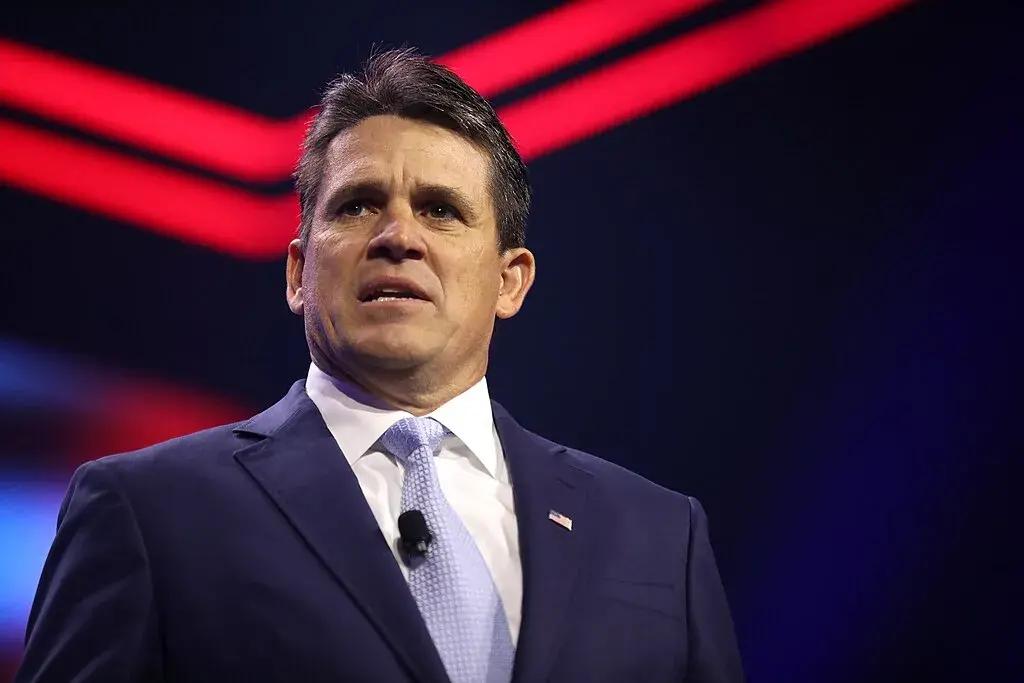
Ryan Binkley serves as the president of a mergers and acquisitions firm and holds the role of a pastor in a Texas church. According to The New York Times, he has no prior experience in holding or running for elected office.
Third party candidates and independents
Robert F. Kennedy Jr.
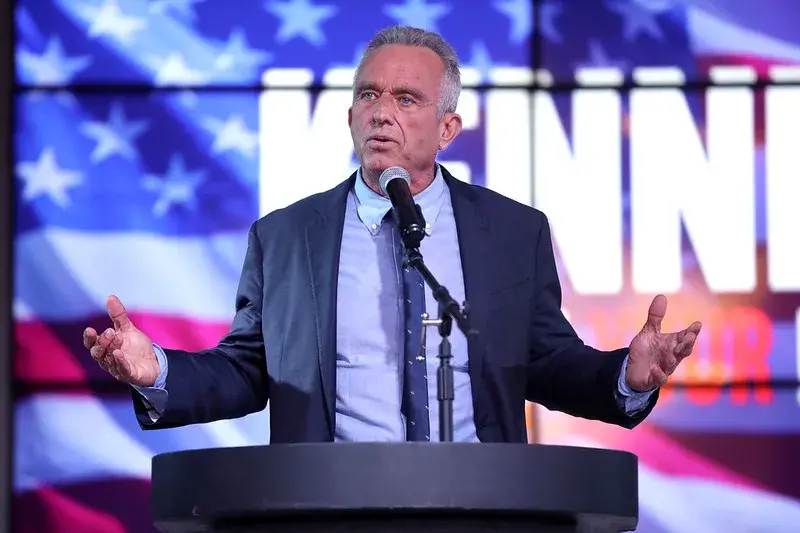
Robert F. Kennedy Jr., a 69-year-old activist against vaccines, is now running as an independent after initially contesting Biden for the Democratic nomination. While currently lagging in the polls, a Reuters/Ipsos poll indicates that he may attract more support from Biden backers than from Trump supporters in the upcoming presidential election.
Cornel West
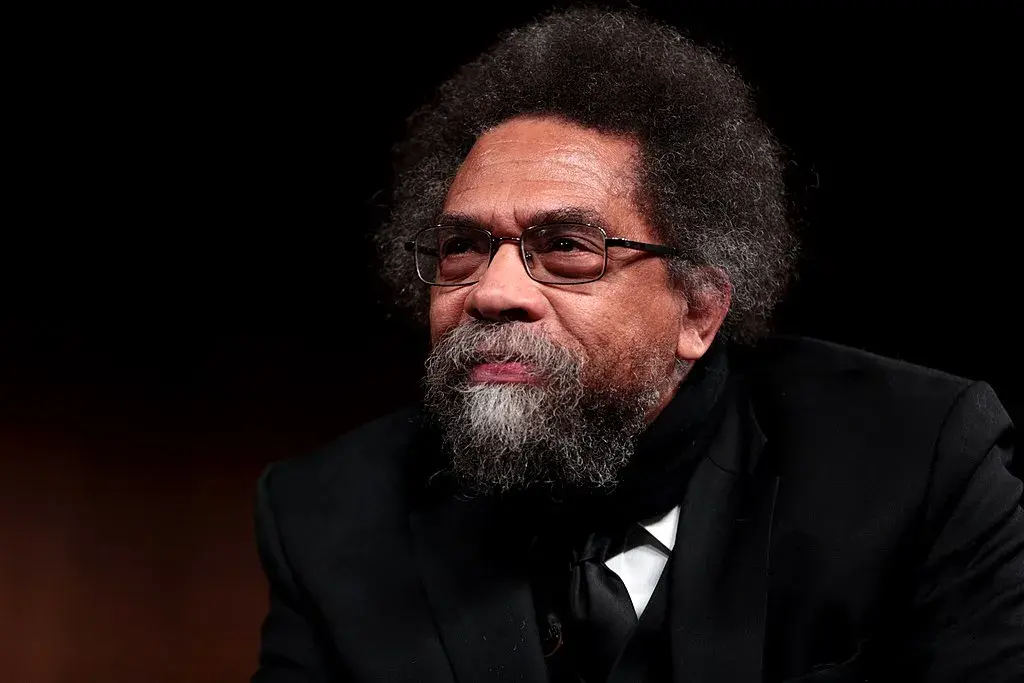
At the age of 70, Cornel West, known for his roles as a political activist, philosopher, and academic, initiated a third-party presidential campaign. He began as a Green Party candidate and later transitioned to an independent status in October. West has pledged to eradicate poverty and ensure access to housing for all.
Jill Stein
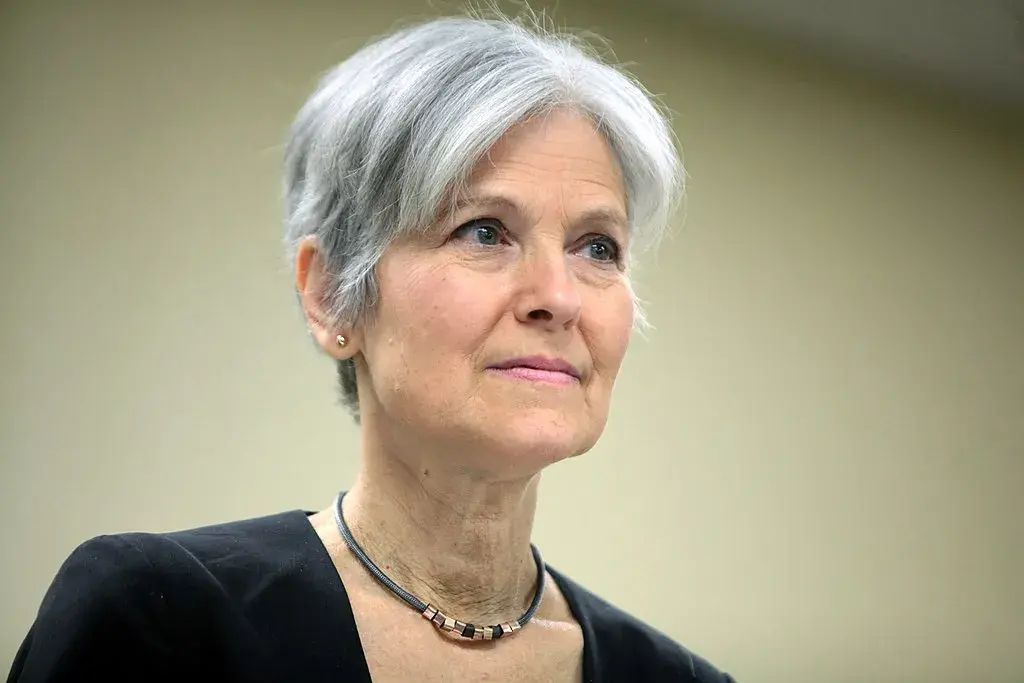
At the age of 73, Dr. Jill Stein has reaffirmed her candidacy for the Green Party in 2016. Alleging that Democrats have failed to uphold their commitments, she aims to advocate for the interests of workers, young individuals, and the environment.







